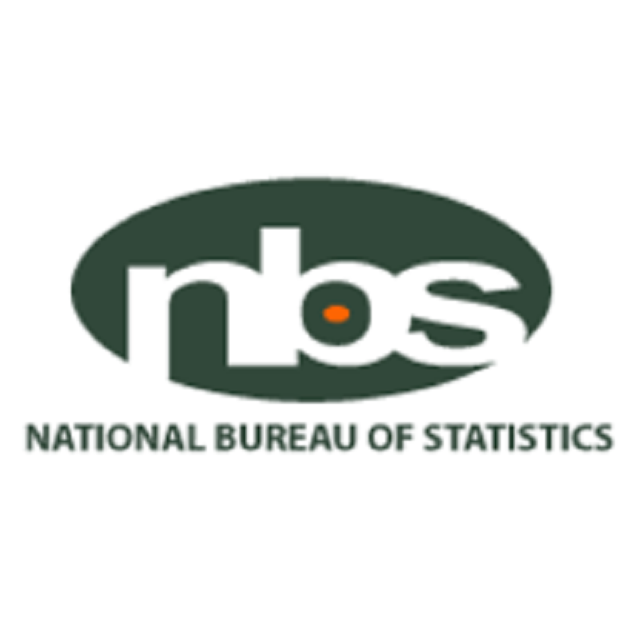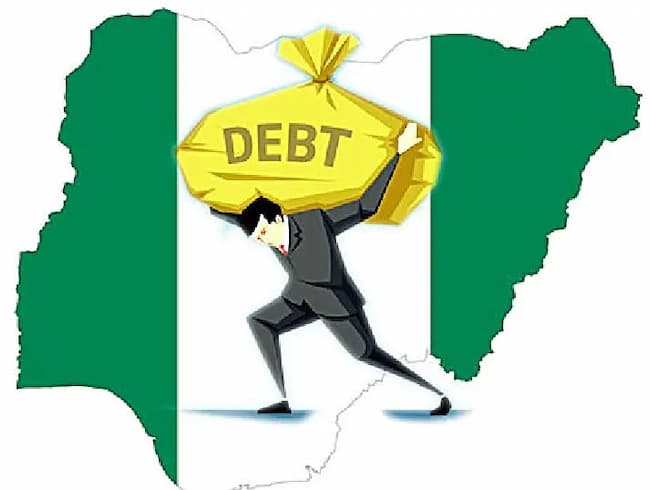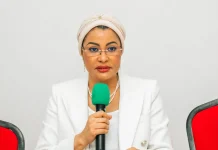Analysts yesterday urged the federal government to introduce policies to stimulate job creation to combat the rising poverty rate in the country.
The analysts, while reacting to the 2019 Poverty and Inequality in Nigeria report published yesterday by the National Bureau of Statistics (NBS), which showed that 82.9 million Nigerians are currently living below the national poverty line, called for policies to boost micro, small and medium scale enterprises (MSMEs), increase agricultural output and encourage investment in critical sectors of the economy in order to alleviate poverty.
The NBS also puts the current poverty rate at 40.1 per cent.
The national poverty line is determined by adding the food poverty line and cost of non-food basic needs.
The NBS said going by the current value of the poverty line set at N137,430 per person per year, individuals living in households whose per capita annual consumption expenditure is below the threshold are regarded as poor by national standards.
According to the report, Sokoto State tops the chart of the highest poverty rate in the country with 87.73 per cent of its population living below the poverty line while the lowest rate is in Lagos with 4.50 per cent.
NBS, however, excluded Borno State from the study as the sample collected was not representative of the whole state because some parts could not be accessed obviously as a result of the insecurity challenges bedeviling the region.
The NBS put urban poverty index at 18.04 per cent while the rural poverty rate is estimated at 52.10 per cent.
The report also estimated the country’s current national inequality index (Gini coefficient) at 35.1 per cent with the urban and rural indexes accounting for 31.9 per cent and 32.8 per cent respectively.
It stressed that on the average, four out of every 10 Nigerians had their real per capita expenditures falling below N137, 430 on an annual basis of N369 per day in the households.
However, the Harmonised Nigeria Living Standard Survey (HNLSS) 2009/2010, previously published by the NBS had put the country’s poverty index at 69.0 per cent.
Also, in October 2018, the United Nations Development Programme (UNDP) in collaboration with the NBS released the Nigeria Human Development Report 2016, which estimated Nigeria’s poverty index at 53.7 per cent.
But the statistical agency cautioned that it is technically impossible to compare the current poverty levels (2018-2019) with the 2003-2004, 2009-2010 outcomes- as the methods of data collection are not similar.
The Statistician-General/Chief Executive, NBS, Dr. Yemi Kale, said the accuracy and cost-effectiveness introduced in the 2019 survey made data and statistics from previous poverty reports incomparable.
He said: “The 2019 study is accordingly treated as a base study and any comparisons with previous poverty studies should be treated with caution.”
According to the report, Abia, Adamawa, and Akwa Ibom have poverty rates of 30.67 per cent, 75.41 per cent and 26.82 per cent respectively.
Others are Anambra 14.78 per cent, Bauchi 61.53 per cent, Bayelsa 22.61 per cent, Benue 32.90 per cent, Cross River 36.29 per cent, Delta 6.02 per cent, Ebonyi 79.76 per cent and Edo 11.99 per cent.
Others include Ekiti 28.04 per cent, Enugu 54.13 per cent, Gombe 62.31 per cent, Imo 28.86 per cent, Jigawa 87.02 per cent, Kaduna 43.48 per cent, Kano 55.08 per cent, Katsina 56.42 per cent, Kebbi 50.17 per cent and Kogi 28.51 per cent.
Other states include Kwara 20.35 per cent, Lagos 4.50 per cent, Nasarawa 57.30 per cent, Niger 66.11 per cent, Ogun 9.32 per cent, Ondo 12.52 per cent, Osun 8.52 per cent, and Oyo 9.83 per cent.
Plateau, Rivers, and Sokoto have poverty rates of 55.05 per cent, 23.91 per cent, and 87.73 per cent respectively while Taraba, Yobe and Zamfara recorded 87.72 per cent, 72.34 per cent and 73.98 per cent respectively.
The Federal Capital Territory (FCT) has a poverty index of 38.66 per cent.
Analysts Call for Job Creation, Focus on MSMEs
Reacting to the NBS data, the Head of Research, United Capital, Mr. Wale Olusi, described the latest poverty figure as an improvement on the old data that put about 100 million people as being poor.
“Regardless, 82 million people living below poverty is a staggering number and it tells our policy makers that we still have a long way to go and we still need to do a lot.













